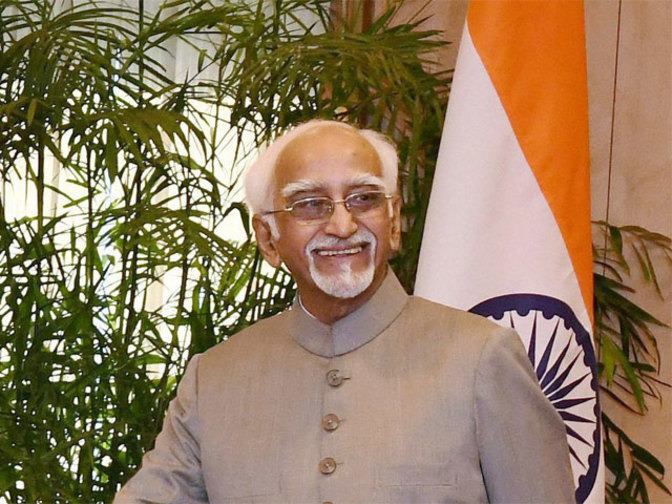New 5-judge constitution bench to hear issue of gay sex
New Delhi, Jul 6 (PTI) The newly re-constituted five-judge constitution bench will commence hearing of four crucial matters, including the issue of sexual relationship between persons of same sex, from July 10.
The Supreme Court had in 2013 restored sexual relationship between persons of same sex as a criminal offence.
After the apex court had set aside the Delhi High Court’s 2009 judgement decriminalising sex between consenting adults of same sex by holding as “illegal” Section 377 of IPC, review petitions were filed, and on their dismissal curative petitions were filed by the affected parties for the re-examination of the original verdict.
During the pendency of the curative petitions, the plea was made that an open court hearing should be granted and after the apex court agreed to it, several fresh writ petitions were filed seeking decriminalising of Section 377.
Section 377 refers to ‘unnatural offences’ and says whoever voluntarily has carnal inter course against the order of nature with any man, woman or animal, shall be punished with imprisonment for life, or with imprisonment of either description for a term which may extend to 10 years, and shall also be liable to pay a fine.
The new five-judge bench will be headed by Chief Justice Dipak Misra and would comprise justices R F Nariman, A M Khanwilkar, D Y Chandrachud and Indu Malhotra.
The information was uploaded on the website of the apex court.
Besides challenge to Section 377, the bench would hear contentious issue relating to the ban on entry of women between 10 and 50 years of age in Kerala’s Sabarimala temple.
The bench would also deal with the plea challenging the constitutional validity of Section 497 of the Indian Penal Code which seeks to punish only men for adultery and treats women involved in the crime as victims.
The last issue listed for hearing before the constitution bench is the plea dealing with the matter in which a legislator can be disqualified on account of a chargesheet filed against him or her or should be disqualified only upon conviction.
These matters were earlier listed for hearing before a five-judge bench comprising the chief justice of India, justices A K Sikri, A M Khanwilkar, D Y Chandrachud and Ashok Bhushan.
These matters were earlier referred to larger benches for adjudication on important legal issues by separate benches of the apex court.




